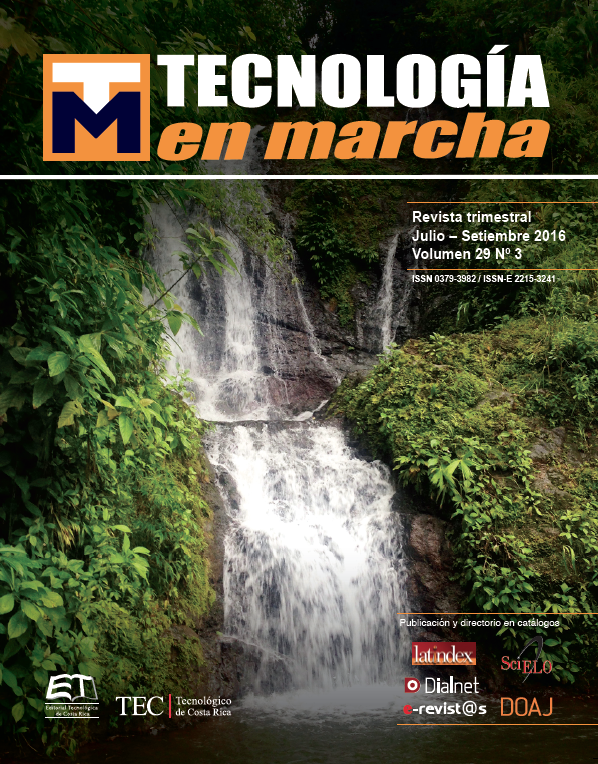Sexually Transmitted Diseases (STDs) and Sexual Health in Costa Rica Topic I. HIV / AIDSl
Main Article Content
Abstract
STDs are caused by more than 30 bacteria, viruses and parasites different, and mostly spread by sexual contact, including vaginal, anal and oral sex.
Some STDs can be spread by skin sexual contact. STD-causing organisms can also spread by non-sexual means, for example, blood product transfusions and tissue transplants. Many STDs, especially chlamydia, gonorrhea, hepatitis B, HIV, HPV, HSV-2 and syphilis, can also be transmitted from mother to child during pregnancy and childbirth.
A person may have an STD without showing symptoms of illness. Therefore, the term “sexually transmitted infection” is broader than “sexually transmitted disease” (STD). Common symptoms of STDs include vaginal discharge, urethral discharge in men, genital ulcers and abdominal pain.
Among the more than 30 known pathogens are transmitted by sexual contact, eight have been linked to high incidence of diseases. Of those eight infections, four are currently curable, namely, syphilis, gonorrhea, chlamydia and trichomoniasis. Four, other hepatitis B, herpes, HIV and HPV are incurable viral infections, however, they can mitigate or lessen with treatment.
This study is being communicated in three volumes where the most common bacterial, viral, fungal be covered, as well as habits and care that should have people who maintain an active sex life not to be infected by an STD.
In this first installment will be developed the theme of HIV / AIDS and its impact at global, regional and national levels. Therefore, each of the subsequent deliveries will complement the previous number, so you can go instructing the reader in the care and management of each condition described.
Article Details
Los autores conservan los derechos de autor y ceden a la revista el derecho de la primera publicación y pueda editarlo, reproducirlo, distribuirlo, exhibirlo y comunicarlo en el país y en el extranjero mediante medios impresos y electrónicos. Asimismo, asumen el compromiso sobre cualquier litigio o reclamación relacionada con derechos de propiedad intelectual, exonerando de responsabilidad a la Editorial Tecnológica de Costa Rica. Además, se establece que los autores pueden realizar otros acuerdos contractuales independientes y adicionales para la distribución no exclusiva de la versión del artículo publicado en esta revista (p. ej., incluirlo en un repositorio institucional o publicarlo en un libro) siempre que indiquen claramente que el trabajo se publicó por primera vez en esta revista.

